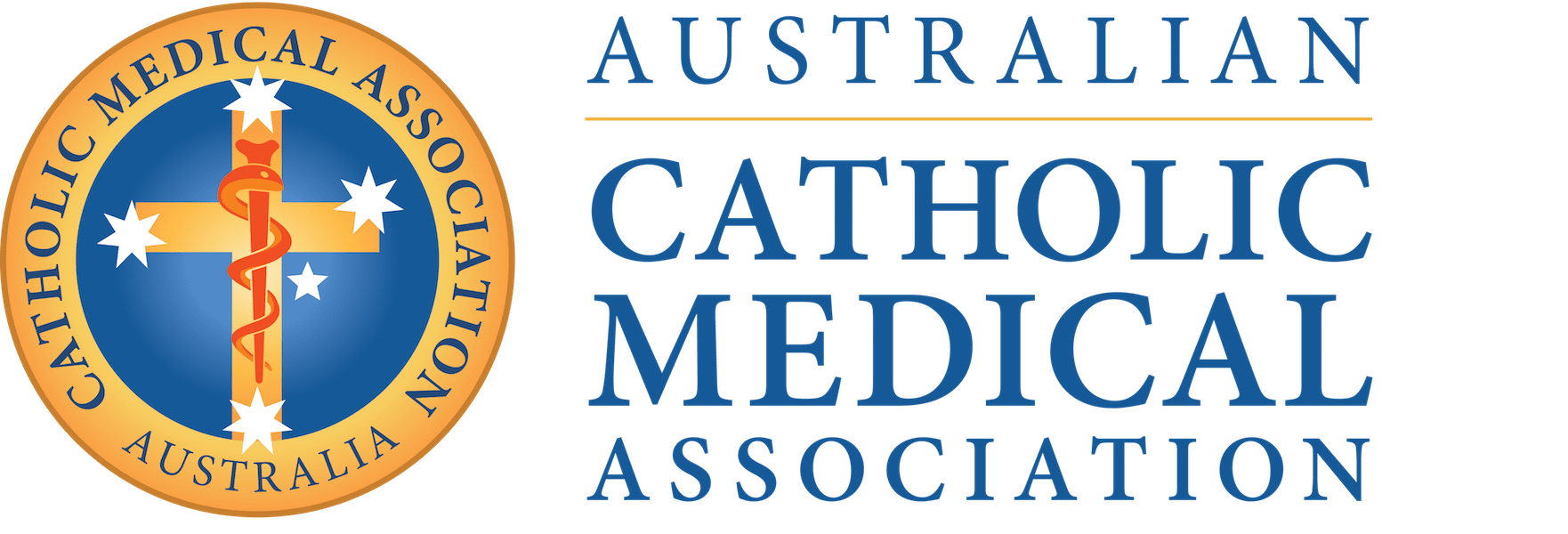NFP expert: Natural Family Planning ‘empowers’ Catholic couples with fertility knowledge
Last week, the U.S. bishops promoted Natural Family Planning Awareness Week. The week began on the 53rd anniversary of Pope St. Paul VI’s Humanae Vitae encyclical, which emphasizes the beauty of human sexuality and warns against the dangers of contraception. NFP methods cooperate with this teaching by allowing couples to plan their families by charting the fertile and infertile phases of a woman’s cycle after observing a variety of physical symptoms, such as basal body temperature.
According to Whittaker, NFP is “empowering women and couples with the knowledge of their fertility and their cycle.” She called this knowledge “extremely valuable” and stressed that it “can be used in multiple ways.”
NFP can help couples avoid pregnancy instead of birth control methods or devices that pose risks and side effects, she said. But NFP is also “totally unique” in that it can also be used to achieve pregnancy, Whittaker said.
Whittaker added that NFP enables women to become active participants in their health care.
“A woman’s educated on what’s normal, what’s abnormal, and how to plot this down” or track “this data scientifically,” Dr. Whittaker said. “When she sees something’s abnormal, she’s able to bring this information to a doctor” and “be proactive.” This can even help couples who suffer from infertility.
Whittaker stressed that her NFP patients “often know more about the menstrual cycle than many doctors.”
As a NaProTechnology surgeon, Whittaker explained how she works with her patients’ NFP charts.
“I’m trained to interpret this NFP data that women collect and I use this to understand women’s health issues,” she said. “And sometimes the treatment does include surgery.”
She told viewers that they can “think of this as plastic surgery of the pelvis.”
“NaProTechnology surgery treats the underlying condition to restore health, instead of masking symptoms with birth control, for example,” she emphasized.
On a more personal note, she said she first encountered NFP “the hard way.”
“When I was young, I had shame and resentment of my cycles and fertility and I ended up on the pill,” she revealed. When she learned about NFP, “everything changed.”
The “science is really what brought me into this and opened my eyes to the beauty of fertility,” she said.
She called the timing providential.
“God timed this in a pivotal moment in my life when I was in the middle of medical school,” she said. “And it changed my entire career path, to pursue NaProTechnology.”
She felt called to “give the incredible gift of fertility appreciation and healing to women to empower them.”
Motherhood only strengthened her conviction, she said.
“This coincided with my path to becoming a mother,” she said. “And then my becoming a mother led me to become even more passionate, to help give that gift of motherhood to other women.”
For more information about NFP, go to the U.S. bishops web page, or Whittaker’s Instagram, which offers additional resources for couples who are interested.

